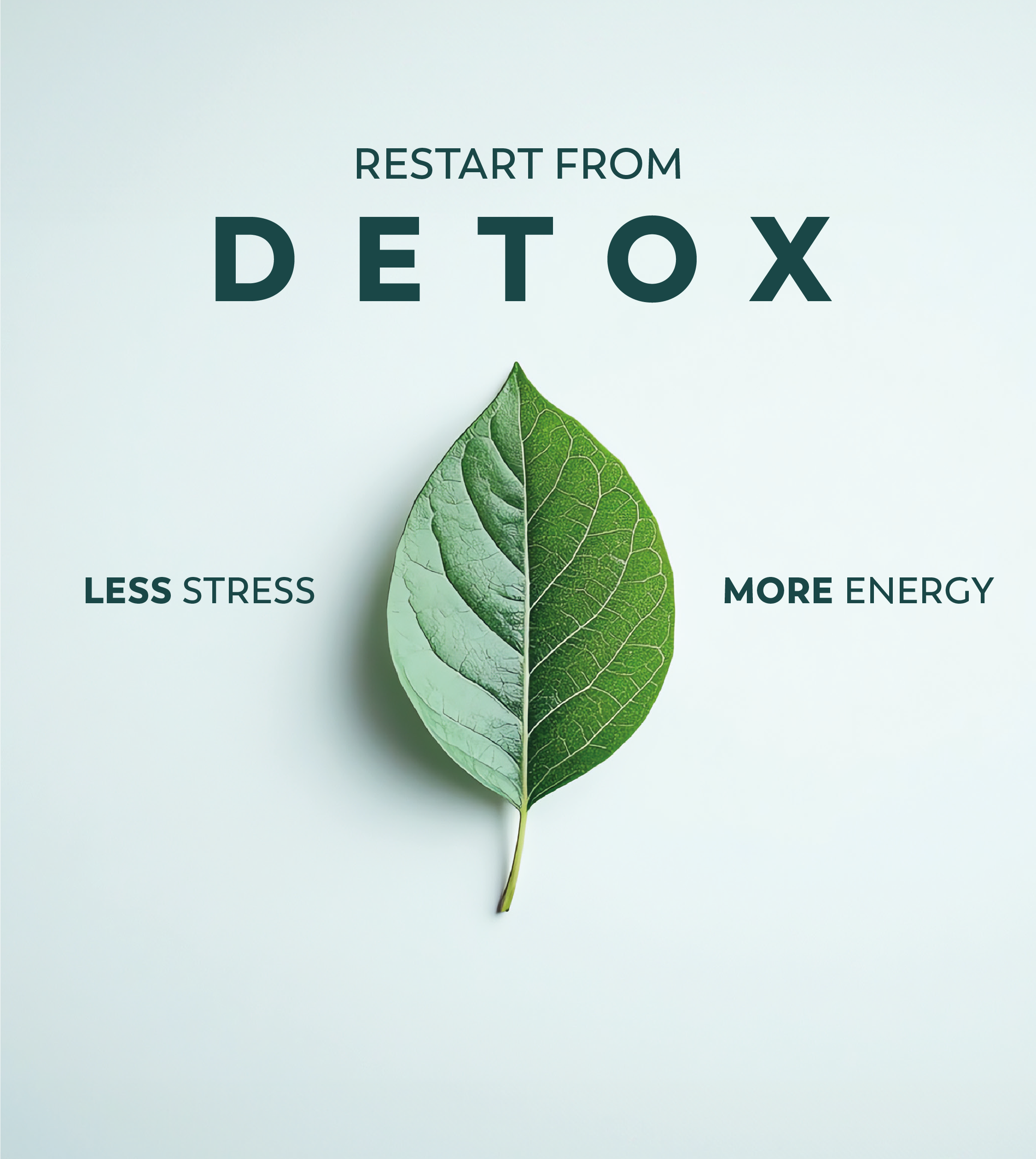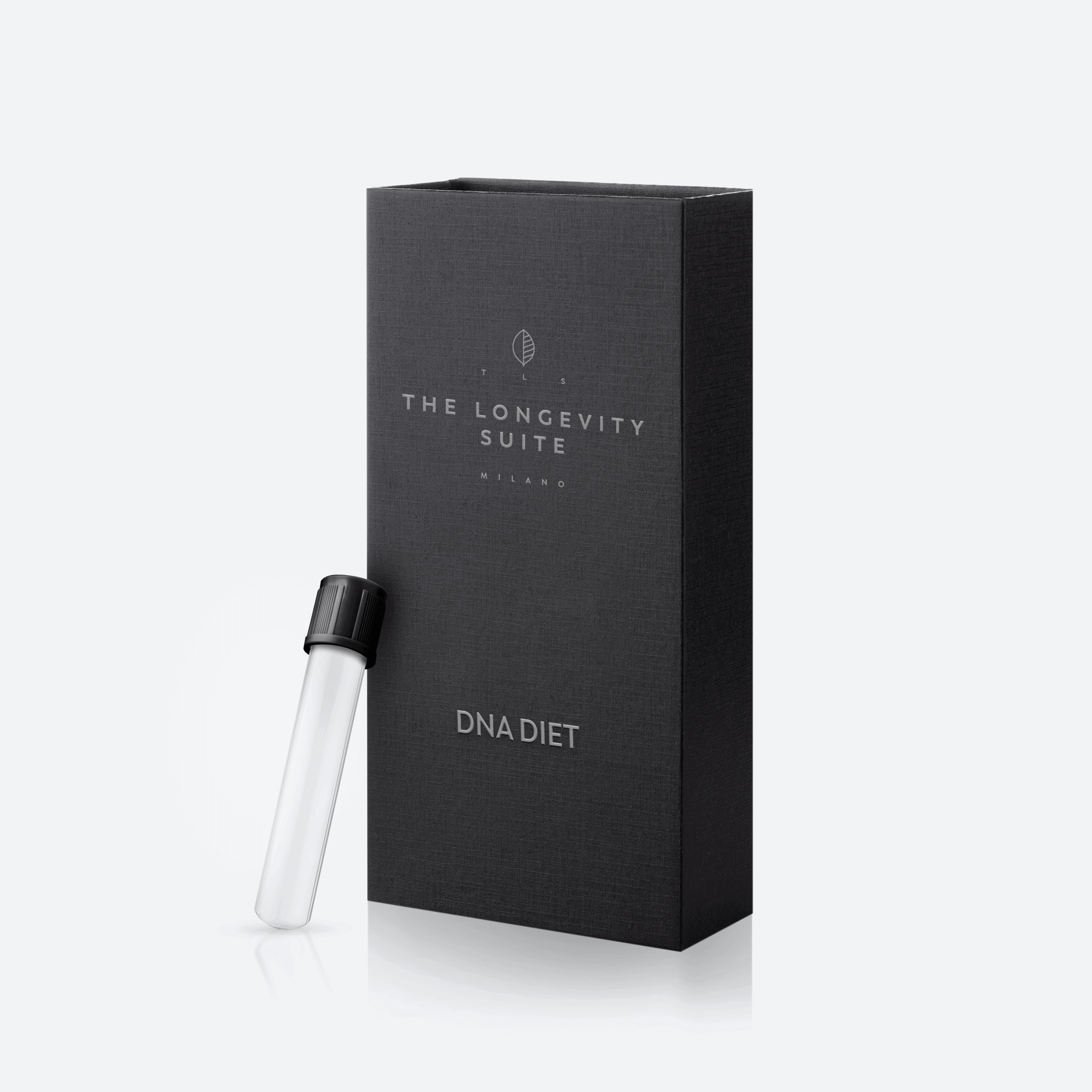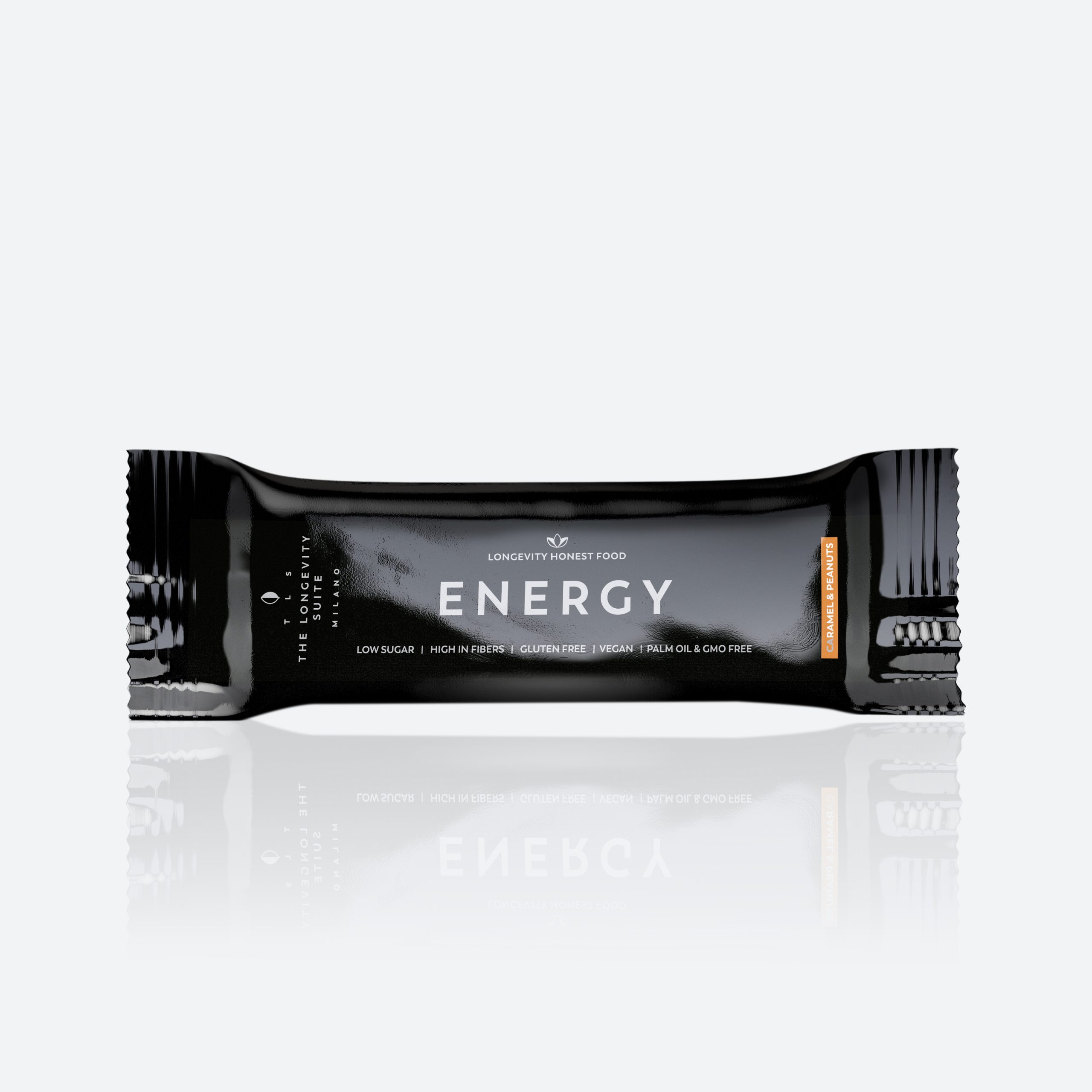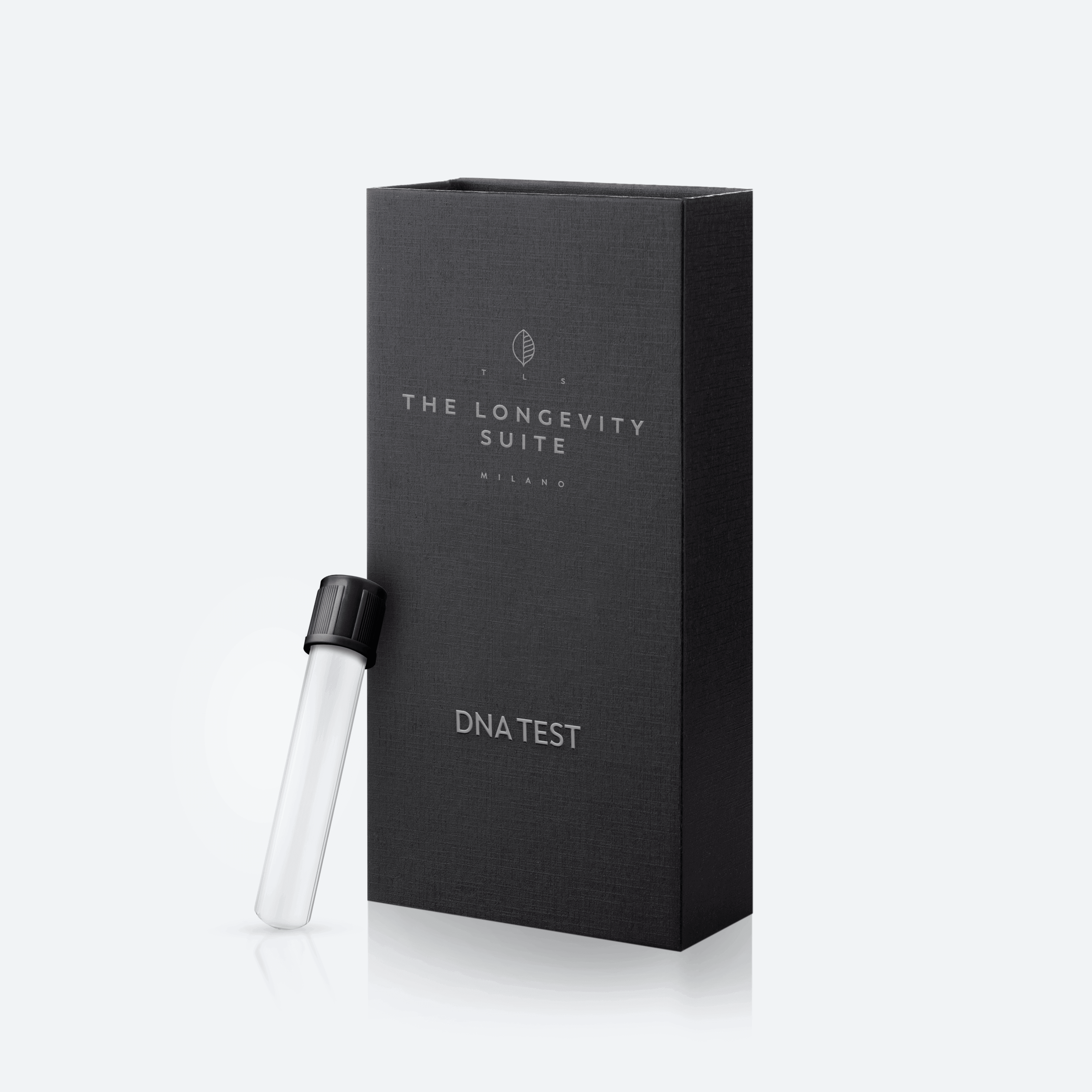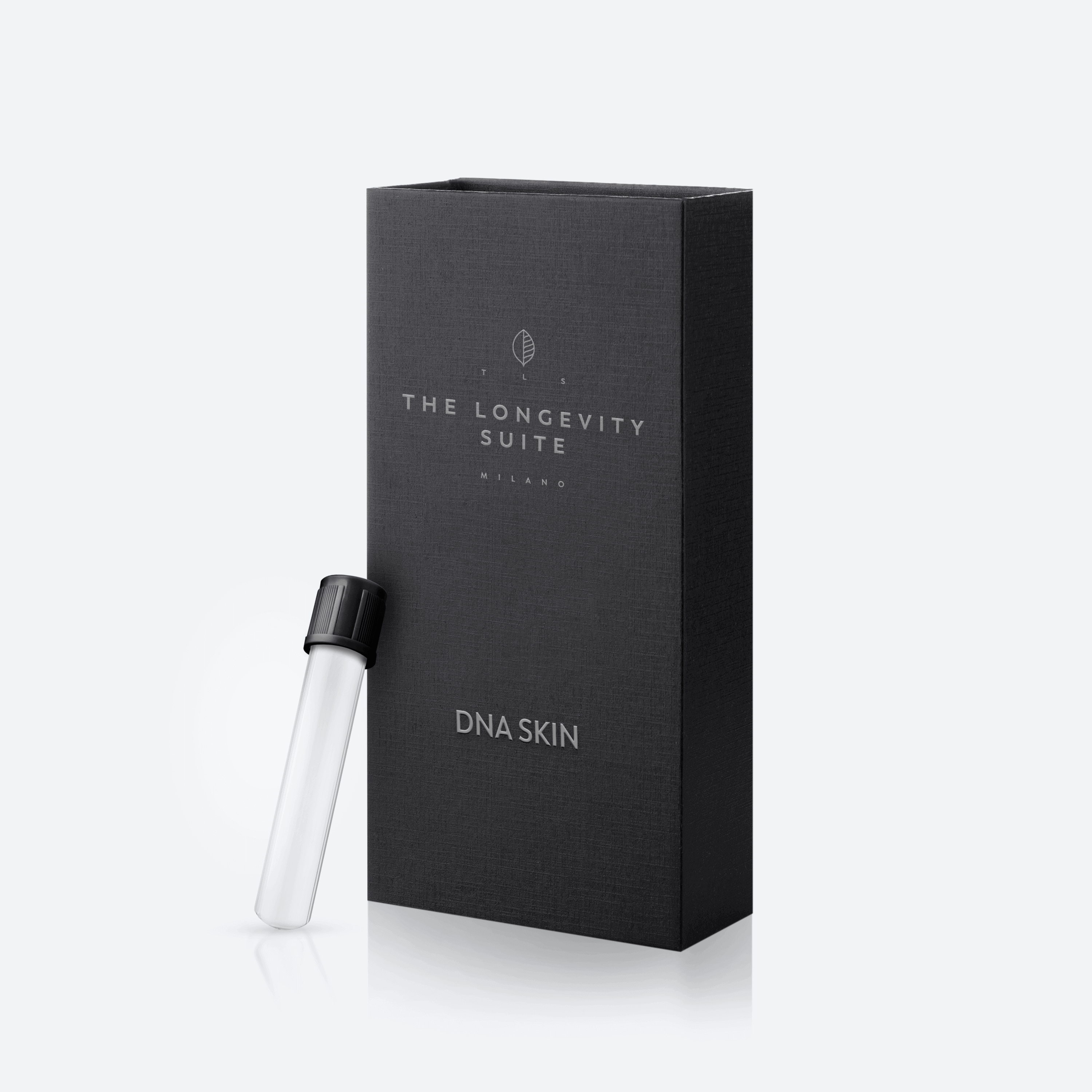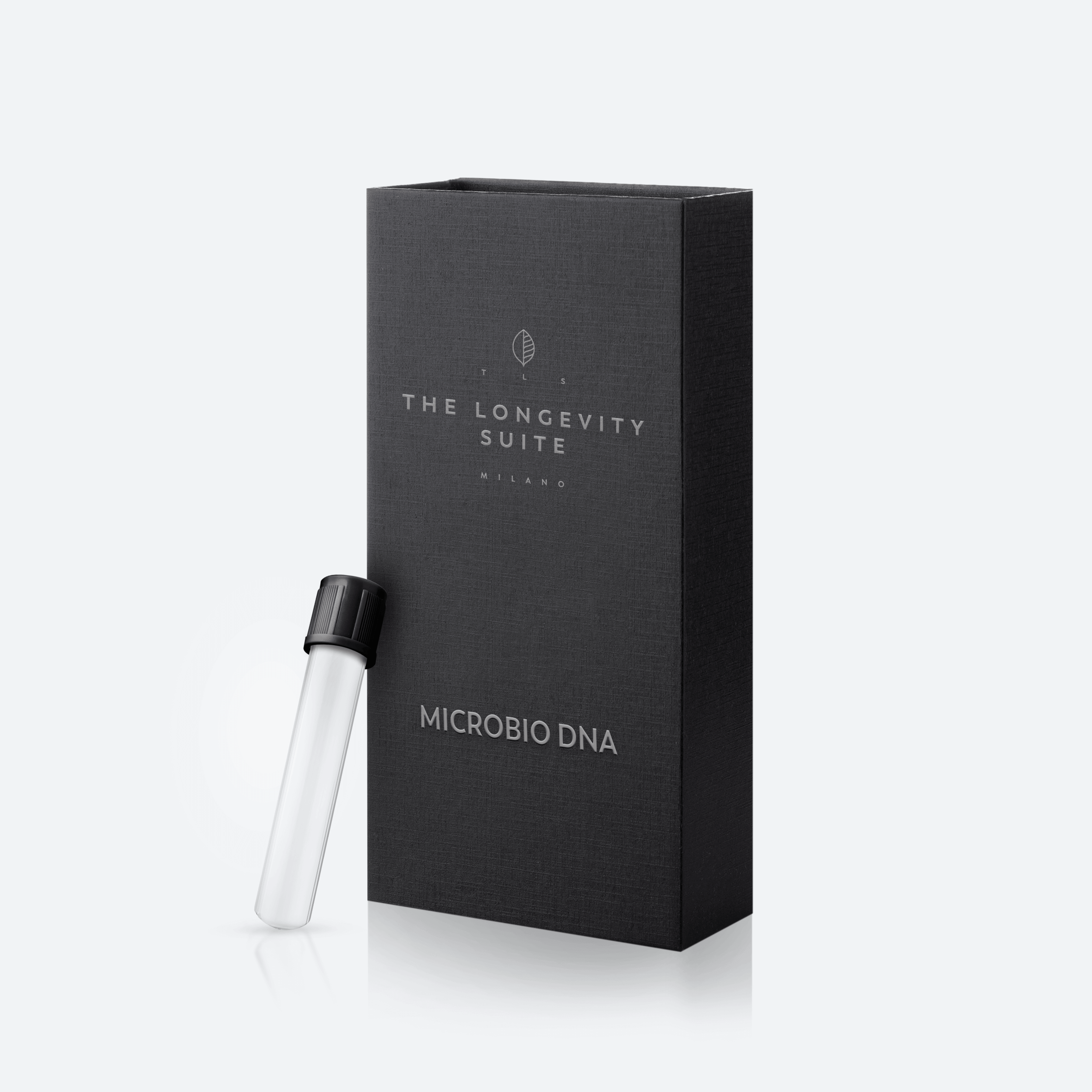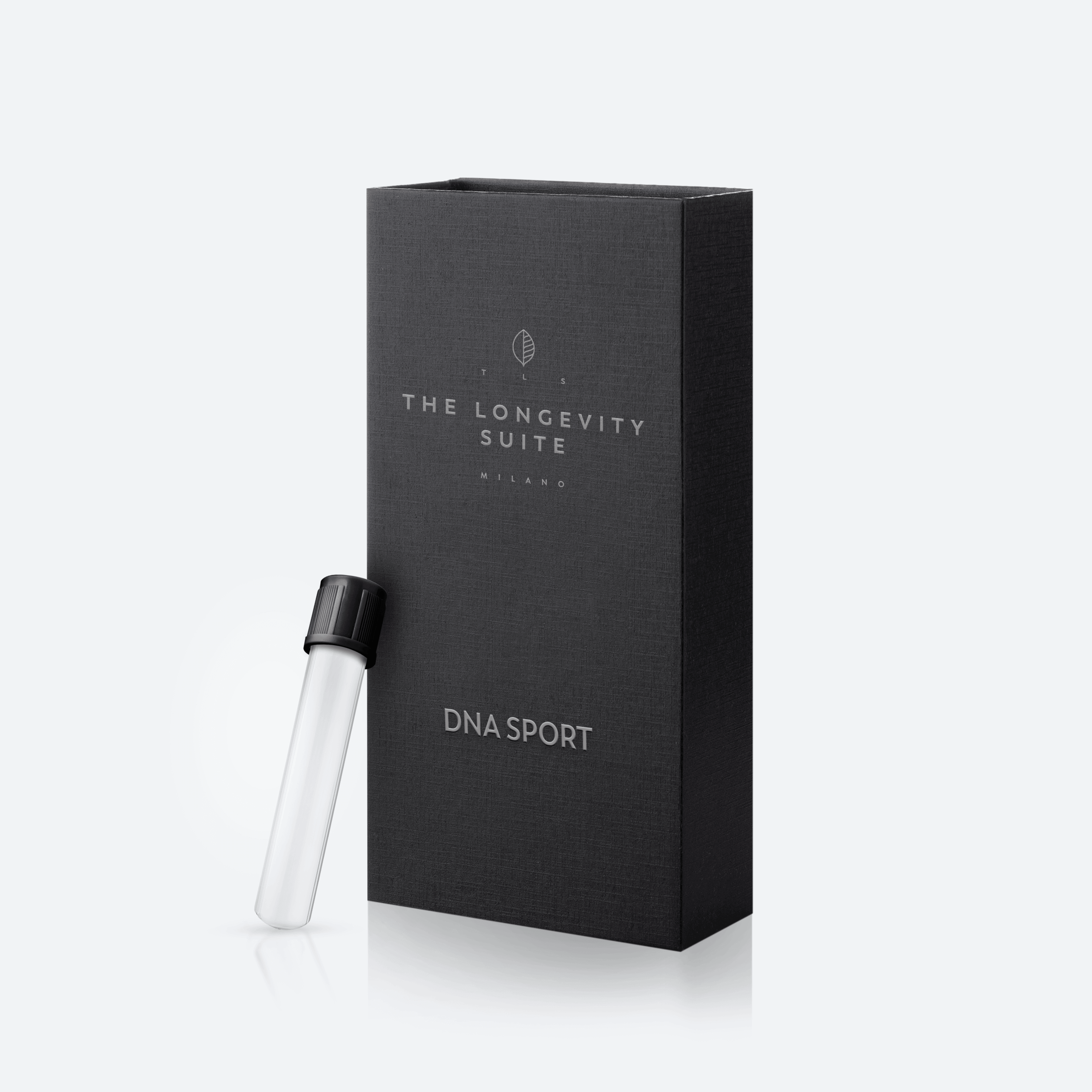Your basket is currently empty!
DNA DIET
DNA Diet Testing analyzes specific genes whose variants are responsible for everyone’s individual response to the intake of certain foodstuffs. Tolerance to different foods, assimilation and/or metabolization of lipids and carbohydrates, certain vitamins, antioxidant and anti-inflammatory substances, etc. Provides information regarding requirements.
DNA Diet Testing analyzes specific genes whose variants are responsible for everyone’s individual response to the intake of certain foodstuffs.
Tolerance to different foods, assimilation and/or metabolization of lipids and carbohydrates, certain vitamins, antioxidant and anti-inflammatory substances, etc. Provides information about the requirements for
It highlights what are the weaknesses in your metabolism, depending on your individual genetic characteristics, that can increase the risk of certain pathological conditions (e.g. atherosclerosis, insulin resistance, type 2 diabetes, osteoporosis) compared to the general population average, if not addressed with proper nutrition and a suitable lifestyle. The test also provides notes on stress susceptibility and sleep-wake rhythm irregularity.
Finally, personalized advice and recommendations emerge regarding the foods to prefer and avoid and the lifestyle to adopt.
With the data obtained from the dietary test, the doctor/nutritionist can plan a personalized diet and preventive regimen for you, in conjunction with your overall clinical picture, and provide personalized interventions based on your specific needs.
WHAT TO EVALUATE?
- Genetic intolerance to lactose;
- Predisposition to celiac disease;
- Caffeine, salt and histamine sensitivity;
- Gastrointestinal health and irritable bowel;
- Tolerance to high protein diet for weight loss;
- Localized adiposity and water retention;
- Carbohydrate sensitivity and insulin metabolism; Fat and fat burning capacity;
- Insulin resistance and type II diabetes.
- Glycation (and skin aging);
- Homocysteine metabolism and cardiovascular risk;
- Vitamin B12 and folate requirement;
- Inflammation and omega 3 need;
- Oxidative stress and antioxidant need;
- Cholesterol and lipid metabolism;
- Atherosclerotic risk;
- Catecholamine degradation;
- Bone health and vitamin D receptor.
- Skin aging (Remodeling of collagen structure and dermal matrix)
- Stress (Stress management and melatonin metabolism and sleep-wake rhythm regulation)




